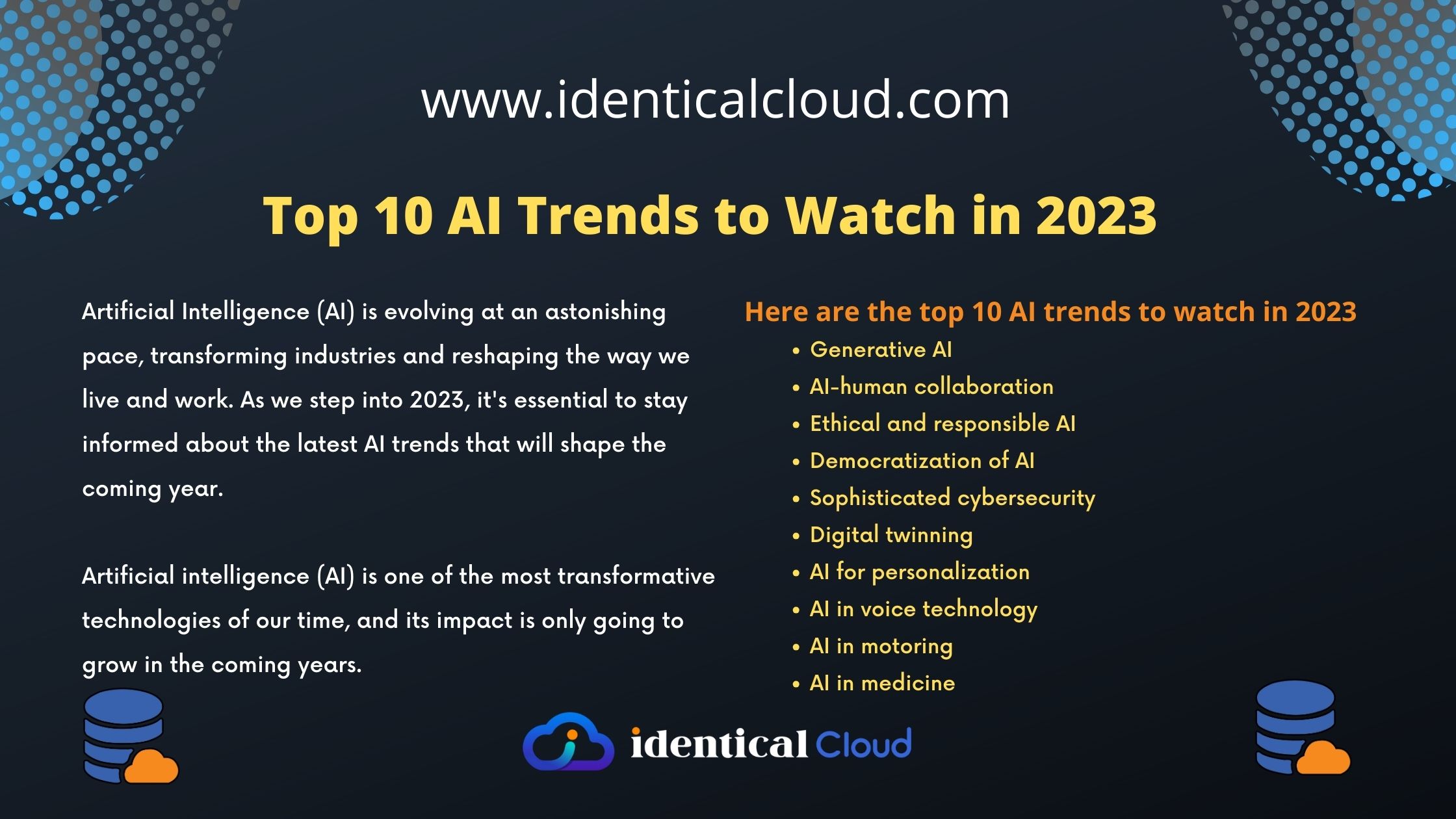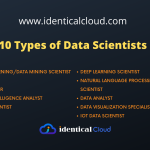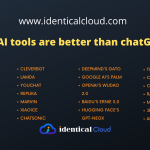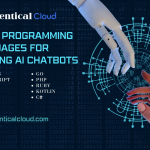AI and Jobs: What Does the Future Hold?
AI and Jobs: What Does the Future Hold?
The advent of artificial intelligence (AI) has undeniably revolutionized various industries, transforming the way we live, work, and interact with technology. With its rapid advancements, AI has brought about numerous benefits and improvements in efficiency, productivity, and decision-making processes. However, the rise of AI has also sparked concerns about its potential impact on jobs and the future of work. Will AI replace human workers entirely? What roles will humans play in an AI-driven world?
In this blog post, we will explore these questions and shed light on what the future holds for AI and jobs.
- The Changing Nature of Work:
As AI technology continues to advance, it is undoubtedly reshaping the landscape of work. Routine, repetitive tasks that are rule-based and predictable are increasingly being automated, freeing up human workers to focus on more complex and creative endeavors. Jobs that involve data analysis, pattern recognition, and decision-making are particularly susceptible to automation. However, AI is not simply taking jobs away; it is also creating new opportunities and transforming existing roles. - Automation and Job Displacement:
It is true that AI-driven automation can lead to job displacement in certain sectors. Roles such as manufacturing assembly line workers, data entry clerks, and customer service representatives are gradually being replaced by AI-powered systems. However, history has shown that technological advancements often create new jobs to replace the ones they eliminate. For example, the rise of the internet led to the creation of entirely new industries and job categories such as web development, social media management, and e-commerce. - The Emergence of New Job Roles:
AI is giving rise to entirely new job roles and opportunities that were previously unheard of. As AI systems become more sophisticated, they require human expertise to develop, maintain, and manage them. AI specialists, machine learning engineers, data scientists, and AI ethicists are some of the emerging roles in the field of AI. These roles involve training and fine-tuning AI models, ensuring their ethical use, and addressing potential biases and risks associated with AI technology. - Augmentation and Collaboration:
Rather than replacing humans, AI has the potential to augment human capabilities and enhance productivity. By automating mundane tasks, AI can enable workers to focus on higher-value activities that require human ingenuity, emotional intelligence, and problem-solving skills. For example, AI-powered tools can assist doctors in diagnosing diseases by analyzing medical data, enabling them to make more accurate and timely decisions. AI can also help improve customer service by providing personalized recommendations based on individual preferences and behavior. - The Importance of Human Skills:
While AI excels in tasks that involve data analysis and computational power, it still lags behind in areas that require human skills such as empathy, creativity, intuition, and social intelligence. These skills, often referred to as soft skills, are highly valued in many professions, including customer service, healthcare, management, and creative industries. As automation becomes more prevalent, the demand for these uniquely human skills is likely to increase. - Lifelong Learning and Adaptability:
As AI continues to advance and disrupt industries, it highlights the need for individuals to embrace lifelong learning and adaptability. The jobs of the future will require individuals to continuously update their skills and acquire new knowledge to keep pace with evolving technologies. Governments, educational institutions, and businesses must collaborate to provide accessible and affordable upskilling and reskilling opportunities to ensure that workers can thrive in an AI-driven world. - Ethical Considerations and Regulation:
As AI becomes more embedded in our daily lives and workplaces, ethical considerations and regulation become crucial. Ensuring transparency, accountability, and fairness in AI systems is essential to mitigate potential biases and discrimination. Additionally, discussions around job displacement and income inequality due to automation need to be addressed at a societal level. Governments, policymakers, and technology companies must collaborate to develop frameworks and regulations that promote the responsible and ethical use of AI technology.
The rise of AI will undoubtedly impact jobs and the future of work. While certain roles may be automated, AI also brings forth new opportunities and the potential for human-AI collaboration. The key lies in recognizing the unique strengths of both humans and AI, harnessing the power of automation to enhance productivity, and equipping individuals with the skills needed to thrive in an AI-driven world. By embracing lifelong learning, fostering creativity, and addressing ethical concerns, we can shape a future where humans and AI coexist harmoniously, unlocking new possibilities and advancements for the betterment of society.








